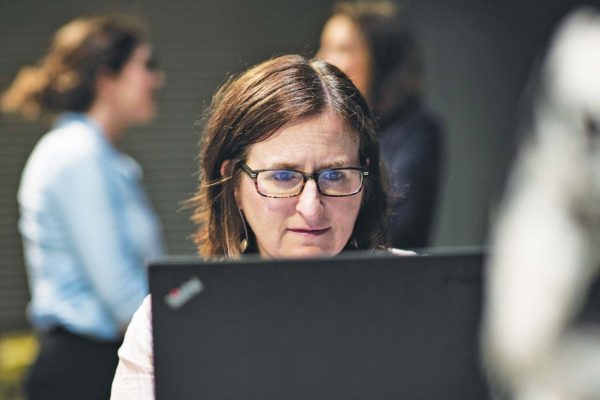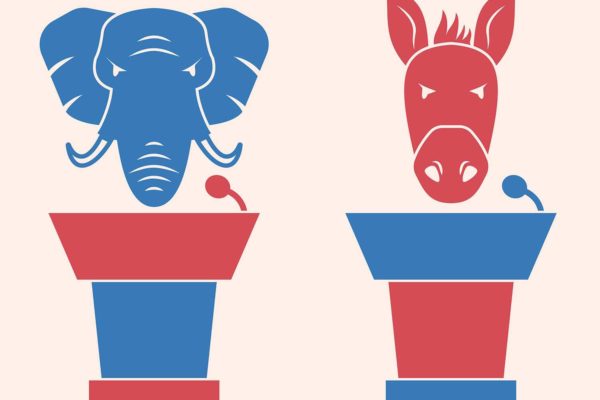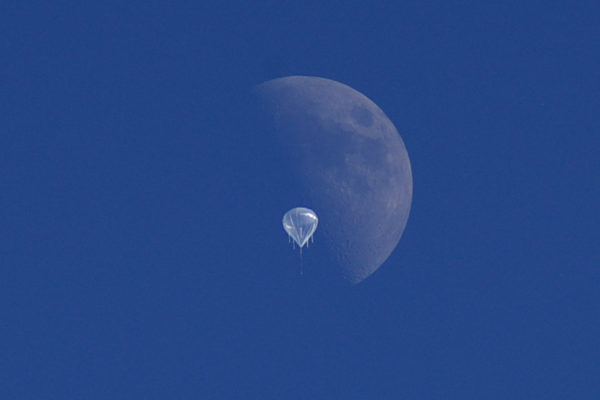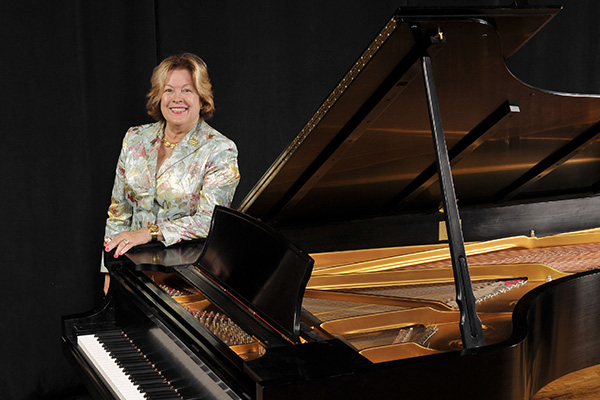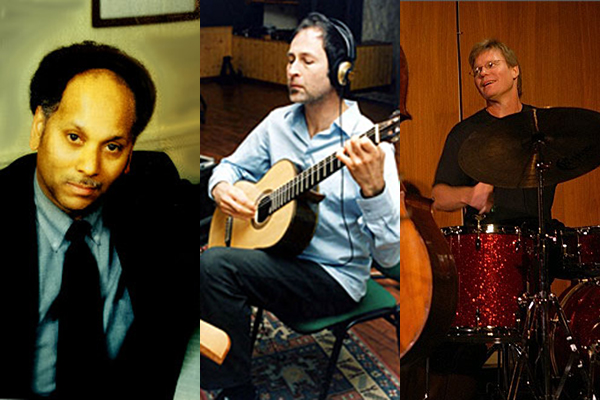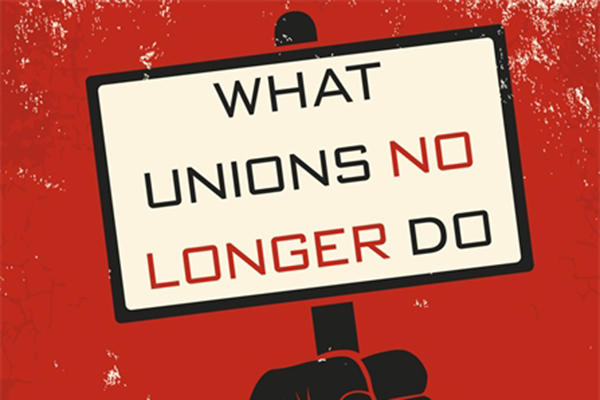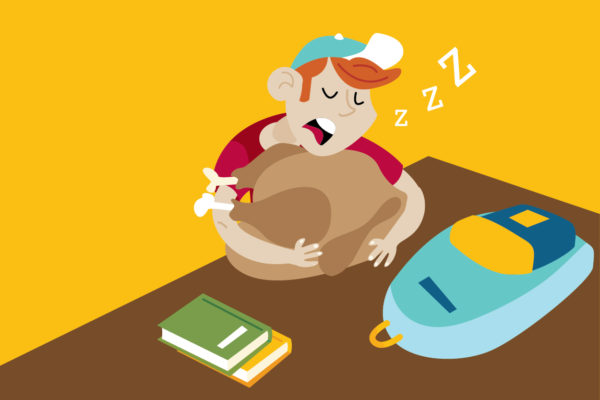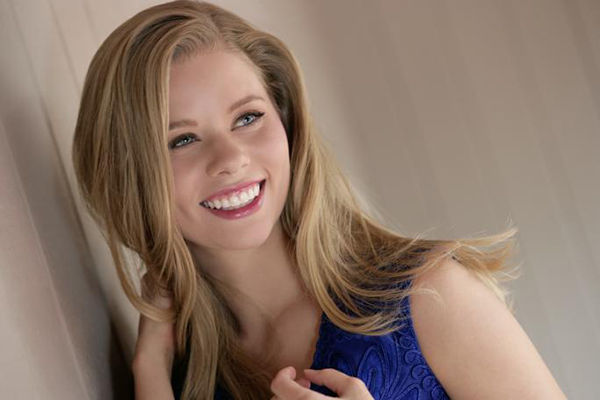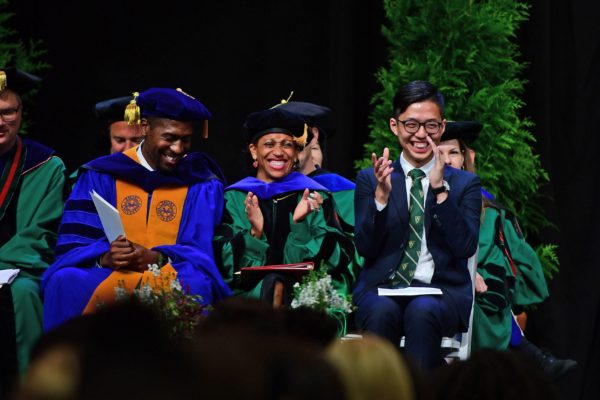From campus news to the halls of power
Laura Meckler fell in love with journalism while an undergraduate and wrote for Student Life at Washington University. Now a reporter for the Wall Street Journal, Meckler has covered some of the country’s most controversial stories, including the current presidential election.
Six tips for understanding the debates
Experts across campus discuss how to spot bad arguments, the role of these debates, and how debates can be deceptive to get you ready for the presidential debate at Washington University on October 9.
Checking out the cosmos
X-Calibur, a novel telescope that sees polarized X-rays rather than visible or infrared light, is preparing to launch from the Columbia Scientific Balloon Facility in Fort Sumner, N.M. The telescope’s scientific team is led by Henric Krawczynski, professor of physics in Arts & Sciences at Washington University in St. Louis.
Pillsbury Theatre to be dedicated Sept. 10
The Department of Music in Arts & Sciences at Washington University in St. Louis will dedicate its recently renovated Pillsbury Theatre Sept. 10 in honor of Mary Pillsbury Wainwright and her parents, Joyce Sanborn Pillsbury and Carol Fleming Pillsbury. The 300-seat Art Deco space boasts a Steinway piano and a terrazzo floor. It regularly hosts concerts, recitals, classes and other intimate events.
Jazz at Holmes begins Sept. 8
St. Louis piano legend Ptah Williams will join Washington University in St. Louis guitarist William Lenihan and drummer Steve Davis to launch the fall Jazz at Holmes Series Thursday, Sept. 8.
Labor union decline also drives down wages for nonunion workers, study finds
A dramatic decline in the density of U.S. labor unions since the 1970s has resulted in lower wages for both union and nonunion workers, suggests a new study led by Jake Rosenfeld, associate professor of sociology in Arts & Sciences at Washington University in St. Louis.
Odom, Wencewicz win Young Investigator Awards for study of infectious diseases
Audrey Odom, MD, PhD, associate professor of pediatrics and of molecular microbiology in the School of Medicine, and Timothy Wencewicz, assistant professor of chemistry in Arts & Sciences, both of Washington University in St. Louis, are the recipients of inaugural ACS Infectious Diseases Young Investigator Awards.
Don’t cheat sleep
Sleep has been proven to boost grades and happiness. So why do college students deprive themselves of sleep when they need it most? Washington University in St. Louis experts have researched that question and, in response, have launched a new sleep campaign.
Amy Owens, Kirt Pavitt present Liederabend Sept. 18
Coloratura soprano Amy Owens will perform Richard Strauss’ notoriously difficult “Amor” Sept. 18 as part of Washington University’s annual Liederabend. Also on the program will be music of Johannes Brahms, Franz Schubert, Antonin Dvořák and Carl Millöcker.
‘You are here for such a time as this’
Leaders of the Washington University community gathered in the Athletics Complex Aug. 25 to celebrate the Class of 2020 and to offer its 1,780 members some words of wisdom.
View More Stories
